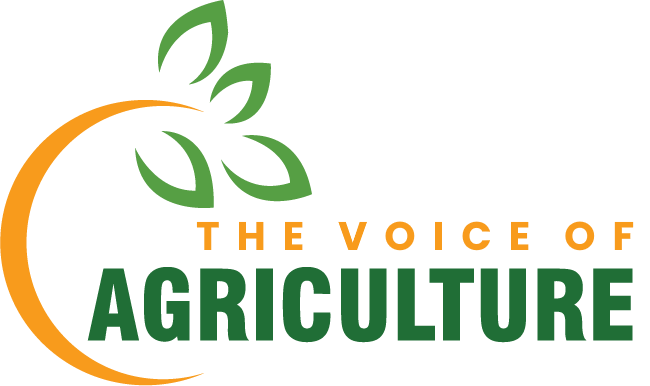Investing in Farmland
Tax Advantages
One thing is certain
Whether you plan to leave farmland to your children or start a joint venture farming business.
At the end of the day, you want to make money!
That is why it is important to take advantage of all available tax benefits.
Let us help you with this!

Farmland Investing

It is a good idea to form a partnership with someone to work on the farmland. Almost everything is lower for corporations than for individuals, especially if they qualify for the small business deduction. However, if you decide to remove your money from the corporation, you will have to pay additional personal tax.
On the other hand , If you decide to purchase farmland you will have a few questions:
- Is it a good price?
- Is it a right time for me to do it?
- Should I keep it on my name or to share with my spouse?
- Is it good for my long-term farming strategy?
These and many other questions and concerns will arise, which is completely normal because farming is more than just a business; it is a way of life.
That is why we are here for you; we are an experienced group of investing consultants with extensive knowledge in farm investing and maximizing tax breaks.
Tax Advantages For Farmland Owners?
Tax Implications
When the time comes to pass farmland on to the next generation, you must consider all possible methods to minimize your tax. That is why it is critical to talk with a tax advisor or other professional before making this decision, as some planning is required.
Farmland can be transferred from parents to children in a variety of ways.
It can be done through individual will and it will be transferred upon death without immediate taxation; however, this can be problematic because it creates uncertainty and requires successors to be prepared.
The farming asset can be transferred as a gift, releasing you from taxation; the disadvantage is that non-farming assets may be taxable.
Selling to family members for less than fair market value is also an option, and all taxes will be calculated.

Capital Gain
Capital gain is the difference between what you paid for farmland and what you received when you sold it for a profit.
The capital gains exemption motivates both parties to sell as near to fair market value as possible. This gives tax-free revenues to the parents while providing the child with an asset with a higher adjusted cost base.
50% of capital gain is tax-free, and the other half is subject to a regular tax. This portion called the taxable capital gain is added to all other income in the year the gain occurs. Any allowed capital losses can be deducted from the taxable capital gain.
Individuals can claim a $1,000,000 lifetime capital gains exemption on the sale of eligible farm property. The qualified agricultural property includes farmland and buildings, shares in a family farm corporation, and a partnership interest in a family farm.
Capital gains can be divided among spouses. If both spouses contributed to the purchase of a home, the gains can be shared to decrease taxes. If the property is owned by a spousal partnership, the capital gains will be distributed to each partner in accordance with their percentage ownership.
Potential Solutions

Farmers can defer tax on the transfer of farming assets to a spouse or child under the Income Tax Act. The rollover gives you a lot of leeway in deciding on a suitable transfer value because you can choose any amount between zero and fair market value.
There are a few factors that must be considered.
- The eligible property may be owned solely or jointly.
- Farmland assets can be transferred first to a spouse and then to a child.
- The transfer can take place while the taxpayer is alive or at a time of death.

